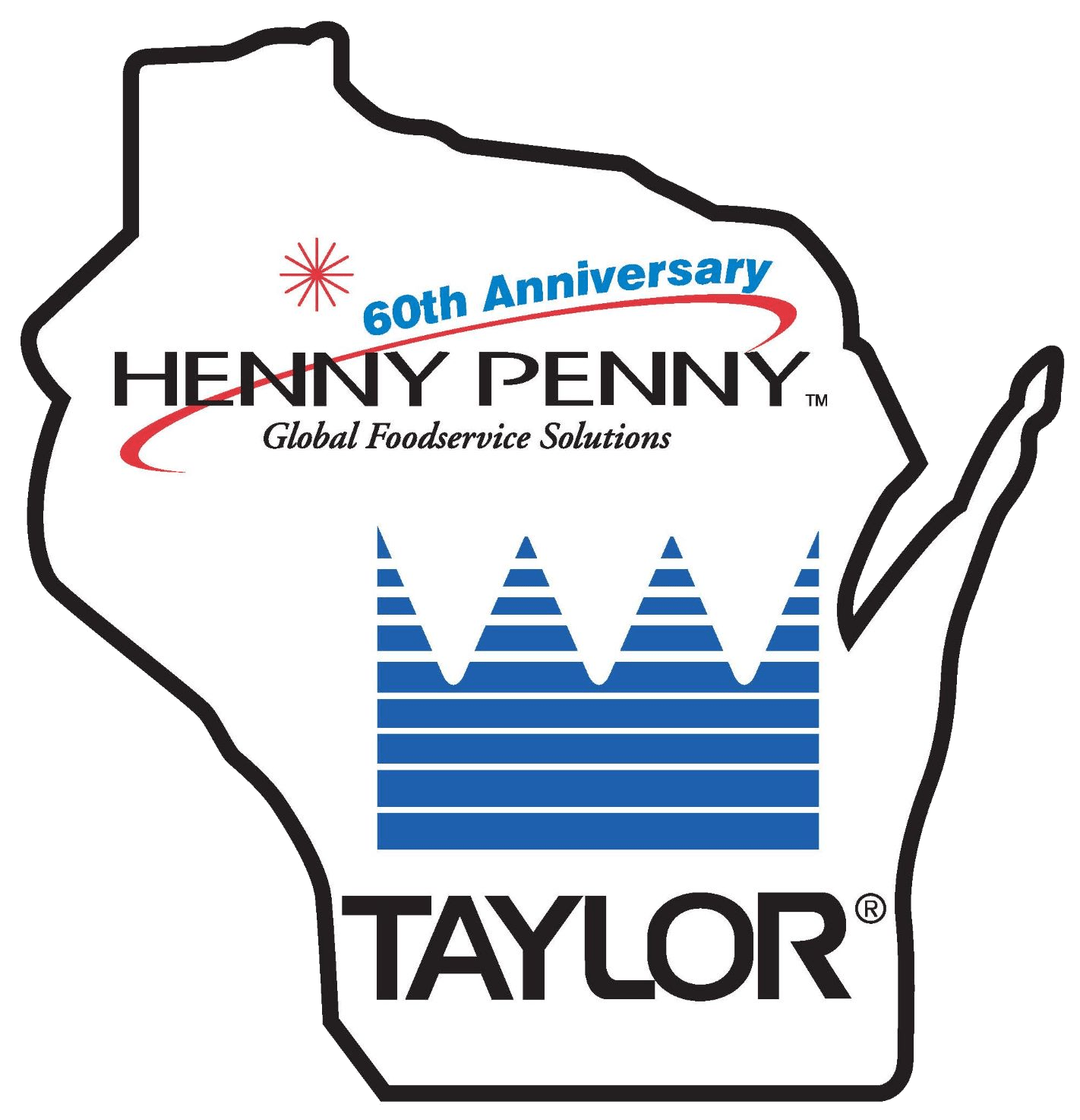Purchasing commercial kitchen equipment is an important long-term investment. After all, the kitchen grill, griddle, deep fryer, refrigerator, heated holding cabinets, and even the ice cream machine are the heart of any commercial operation. These imperative pieces of equipment play a big role in customer satisfaction (flavor) and the bottom line (profits).
Because the stakes are so high, it’s important to research equipment and ask the right questions before purchasing commercial kitchen equipment.
What are the short- and long-term operating costs?
Every piece of equipment, no matter how small, comes with operating costs. When asking this question, it’s important to break down operating into short- and long-term expenses. Sometimes, there can be significant long-term savings that can make one model more favorable over another. When asking about costs, make sure the numbers are based off a model that uses the same power source as available at the business. If another piece of equipment is available that requires another utility, check to make sure that the power source is available (and that the cost of installation does not offset the savings).
What menu items can be produced/stored in this equipment?
The best pieces of commercial kitchen equipment are versatile enough to produce and store multiple items. This is an important long-term consideration because the equipment can offer restaurants and kitchens the option to add additional menu items in the future. The best holding cabinets are valuable in the same way, giving operations the opportunity to store multiple items (both current and future) safely and without significant food waste.
Is there a model that fits into the kitchen layout? Does any area of the equipment need to be clear?
This criteria is a top concern for new and existing operations. For new owners, every piece of commercial kitchen equipment should fit into an efficient layout with adequate space clear for vented equipment. For existing operations, the equipment needs to fit with existing equipment seamlessly. Some equipment has different models with vents that need to be clear; this question should be asked before purchase to ensure that the area is clear around the vent for optimal operation.
Is a new or used model best for the business? What is the cost of each? What is the warranty period?
In some cases, the up-front cost of an item is not the only consideration. The warranty is also key; equipment breakdowns and lost production time can add up quickly. If the budget is tight, a used piece of equipment can fit the space and the budget; ask a commercial kitchen equipment professional if there are used options available.
Does the equipment meet local codes?
Building, health, and fire codes vary from one area to another, making the right piece of equipment with the right features different for every business. Failure to check codes before purchasing can lead to expensive fines and shut-downs.
What maintenance is required?
Almost every piece of commercial kitchen equipment comes with regular maintenance and cleaning. Maintaining equipment comes with some cost, such as the expense of new filters and staff time. Regular maintenance is important to extend the life of the equipment, for safety, and for optimal flavor.
Are there any other options to consider?
Sometimes, there are other options for grills, fryers, or ice cream machines that make more sense for an operation. Contact a kitchen equipment professional for their recommendations and additional information.
